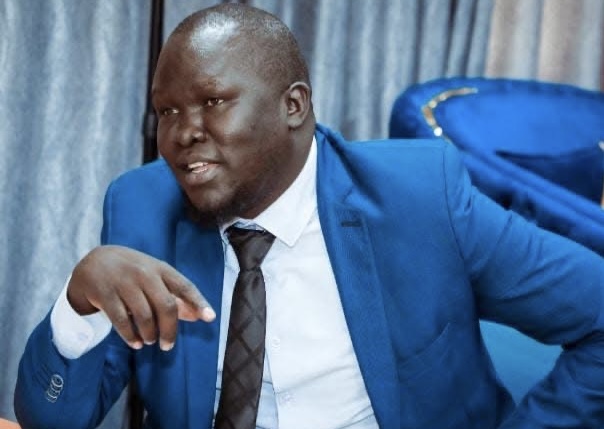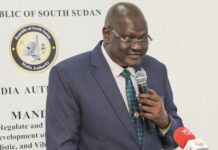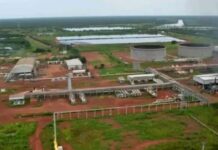By Obaj Shaqawa, Eye Radio Journalist
What happened today at the court was more than unfortunate it served as a stark reminder of how fragile the trust between security and journalists can be when we fail to uphold our ethics and professional code of conduct.
All of us journalists were present on October 1, 2025, when Justice Dr. James Alala gave a clear directive: no recording, no filming.
His instructions were straightforward and reasonable. He explained that broadcasting live testimony could influence witnesses still waiting to testify a concern grounded in fairness and legal procedure.
To quote Justice Alala directly, “For the media, you might know the reason why you are withdrawn and taken there.
You see, we are starting the processes of hearing the witnesses. And for the direct broadcasting, it is meaningless. If we tell the witness to stay outside.
Of course, they will go outside and start listening, using this direct broadcasting. And that’s why we are now telling you, just wait until we finish taking the statements from the witnesses.”
Despite this clear instruction, someone whether a journalist or a member of the public — recorded and later circulated audio of the fifth accused, Dr. Riek Machar.
Regardless of intent, this act was a direct violation of the court’s order and a breach of professional ethics.
Now, we are all facing the consequences. Access to the courtroom has become even more restricted.
Today, despite arriving early and complying with prior security instructions entering without phones, recorders, or cameras my colleagues and I were denied access. While members of the public were allowed in, we were identified as journalists and turned away.
Security told us to return home or go back to our respective media houses, claiming it was “an order from above.”
I am not writing this to point fingers or place blame, but to remind us of our responsibility. Journalism is not built on defiance it is built on trust, responsibility, and integrity. Our role is to inform the public truthfully, without compromising justice or due process.
We must not let one incident define us. Instead of fuelling anger or resentment, let’s engage constructively with the authorities. Let’s seek clarity and secure proper permission to resume coverage in a manner that respects the court’s guidelines.
Let’s also be honest in our reporting acknowledge that the leak was wrong and commit to doing better moving forward.
At the end of the day, journalistic credibility is not measured by who publishes first, but by how we uphold the values of our profession especially when the stakes are high.





